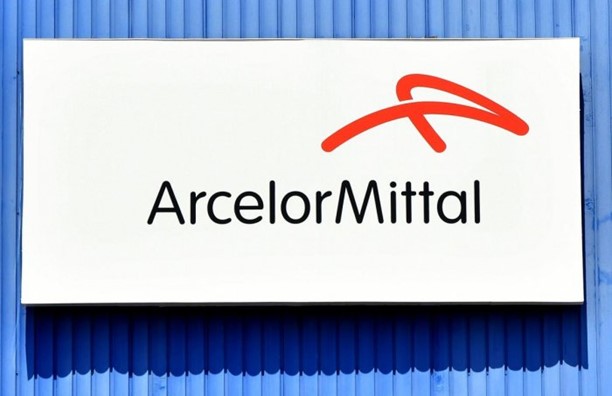President Joseph Boakai announced a milestone achievement for Liberia on Wednesday evening, revealing that the country had secured a second compact from the Millennium Challenge Corporation (MCC), a U.S. government initiative aimed at reducing poverty and fostering economic growth.
In a live address delivered from the grounds of the Executive Mansion in Monrovia, President Boakai celebrated the news as a testament to Liberia’s progress in governance and reform. “According to the MCC, Liberia has qualified for a second compact due to our outstanding performance in governance and reform,” he said. “This giant achievement will unlock resources for our development agenda and help address the binding constraints to growth in our country.”
The President lauded the collective efforts of Liberians, emphasizing the significance of the achievement for the nation. “This is not just a victory for the government but for all Liberians. It reflects the international community’s confidence in our ability to deliver progress through unity and reform,” he said. “Let us join hands to celebrate this collective success.”
His remarks sparked widespread celebrations across the country, with Liberians expressing hope that the compact, alongside key foreign direct investments, would provide a much-needed boost to public infrastructure and economic opportunities.
ArcelorMittal Liberia, one of the nation’s most prominent private investors, joined in the celebrations, congratulating President Boakai and the Liberian people. The company reaffirmed its long-term commitment to Liberia, highlighting the alignment between MCC’s principles of economic growth and good governance and its own investment strategy.
“ArcelorMittal believes that economic growth is more effective at reducing poverty in well-governed countries,” said a company official.
As Liberia’s largest foreign investor, ArcelorMittal has committed over $2.5 billion to the country, making it the second-largest employer after the government. The company’s $1.7 billion Phase Two expansion project, which is currently underway, includes critical upgrades to Liberia’s infrastructure. These efforts encompass expanding the Buchanan-Yekepa railway, renovating the Buchanan Port, and constructing a state-of-the-art ore processing plant in Zolowee, Nimba County.
These investments have already generated jobs, supported community development, and bolstered Liberia’s broader economic growth. ArcelorMittal views the second MCC compact as a critical complement to its efforts, with the potential to in an important way enhance the country’s economic trajectory.
An unnamed senior official at ArcelorMittal Liberia noted the synergy between the compact and the company’s investments. “If ArcelorMittal expands next year and with the MCC compact, coupled with the mining sector’s growth, the country is expected to generate substantial government revenue through taxes and royalties and create much-needed jobs for Liberians,” the official said.
The MCC, established by Congress in 2004, has been a cornerstone of U.S. efforts to promote sustainable development in countries with strong democratic values. To date, the agency has invested $17 billion globally in agriculture, education, energy, and infrastructure projects.
Liberia first engaged with the MCC in 2010, receiving a $15 million threshold grant to address land access, girls’ education, and trade reforms. That success paved the way for a $257 million compact in 2015, which modernized the power sector, rehabilitated the Mount Coffee Hydropower Plant, and improved road systems.
Despite these advancements, challenges such as financial instability and power theft hindered the full impact of the first compact, which achieved an 8.4% Economic Rate of Return (ERR), below MCC’s 10% benchmark.
Liberia’s qualification for a second compact reflects improvements on the MCC scorecard, which evaluates governance, health, education, economic freedom, and corruption control. President Boakai’s administration has positioned these reforms as a foundation for sustained economic progress.
The second MCC compact comes at a time when Liberia’s economic growth projections are optimistic. Both the World Bank and IMF forecast Liberia’s economy to grow by 5.8% and 5.1%, respectively, in 2025. The mining sector is expected to be the primary driver of this expansion, underscoring its role as the backbone of Liberia’s economy.
“Liberia’s reliance on the mining sector underscores its pivotal role in fostering economic resilience and sustainable growth,” the ArcelorMittal official said. Investments in mining infrastructure, coupled with the MCC compact’s resources, are poised to increase production capacity and export revenues significantly.
As Liberia moves forward, the collaboration between the government, international partners, and private investors like ArcelorMittal will be instrumental in addressing growth constraints and building a resilient economic future.
And, President Boakai’s announcement has not only highlighted the country’s steady progress but also rekindled hope for greater achievements on the horizon.






